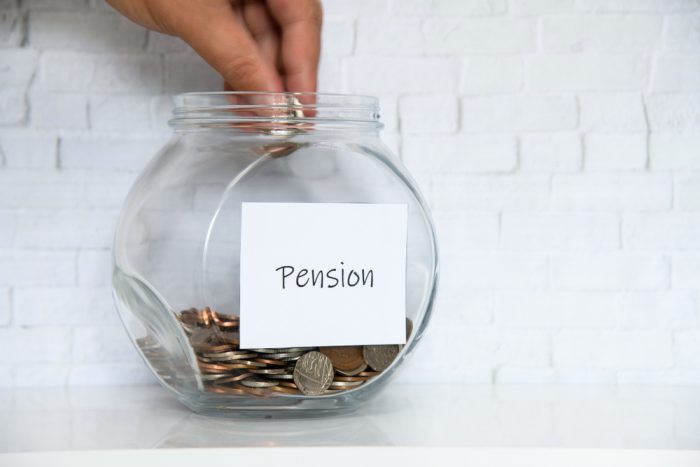Investment returns, employment, policy and individual saving behaviours could all impact the resilience of DC schemes following a volatile 2020 stock market, says the Pensions Policy Institute (PPI).
PPI has published its seventh edition of The DC Future Book: in association with Columbia Threadneedle Investments and found that the long-term consequences on DC pensions remain uncertain post-pandemic.
PPI senior policy researcher Lauren Wilkinson says: “It remains to be seen what the longer-term impacts of the pandemic will be on investment, employment, policy and individual saving behaviours. Government and employers are still in the process of developing plans for economic recovery following the pandemic. In terms of investment, while the stock market has now become less volatile, investment returns may still be impacted going forward, and many of the DC schemes that pragmatically chose not to make changes to investment strategy during the uncertainty of the pandemic may carry out reviews of their strategies now that the landscape is more stable. Individual saving behaviours, such as opt-out rates and contributions, could also be impacted in the longer-term, particularly if there are continued negative effects on employment and income.”
However, long-term investment horizons and diversified portfolios have positively impacted DC pensions during the pandemic. DC pensions have been helped by saving trends such as the number of automatically enrolled and re-enrolled employees growing to 10.5 million and 944,000 respectively and the average DC pension pot increasing by 19 per cent between 2019 and 2020.
Furthermore, savers have been hesitate to access their DC pension pots during the last 18 months with only 277,500 DC pots accessed for the first time last year- a decrease of 36 per cent from the previous year. This has allowed time for recovery and prevented negative investment returns according to PPI.
Wilkinson says: “The long-term nature of pension investments, and the pragmatic approach taken by many DC schemes and savers in response to uncertainty and volatility over the last 18 months, mean that the impact of the pandemic on the DC landscape has not been as substantial as the impact experienced in other areas of the economy and society more broadly.”
